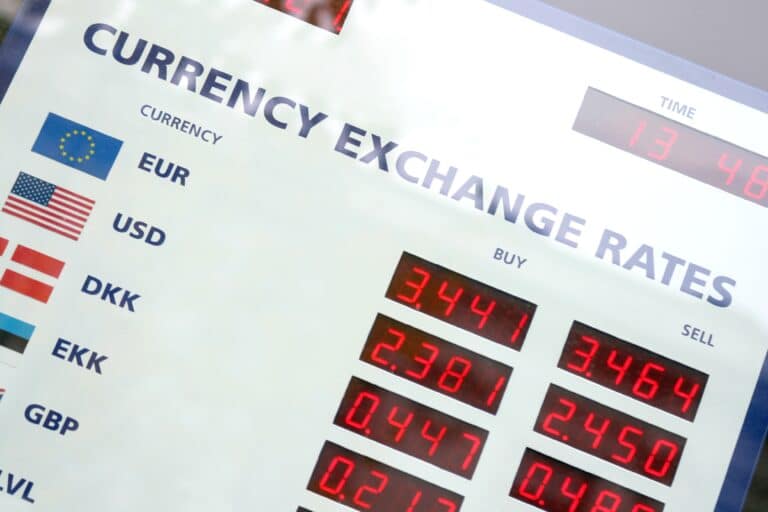Welcome to Monday's regular summary of fundamentals, which was mostly rich in data on Japanese and EU monetary policy.
JPY
At the beginning of the week (18.1.) we watched the incoming data on the interest rate change in Japan.
The Bank of Japan decided to keep the short-term interest rate at -0.10 %, which was also expected. Haruhiko Kuroda (BOJ Governor) stated in his press conference that he will ease monetary policy without hesitation if needed. There were no substantive and hawkish words and Kuroda rather stuck to the "mantra" from previous press conferences where interest rates have not moved from -0.10 % since 2016.
EUR
Thursday (20 January) was interesting because of the publication of the ECB's report on the monetary policy meeting held on 15 and 16 December 2021. ECB Governing Council member Isabel Schnabel assessed financial market developments since the previous meeting, which took place on 27 and 28 October 2021. It is evident that uncertainty about the future path of rates has increased, which has contributed to volatility in the markets. It has been stressed by a number of governors that the ECB should be more willing to adjust policy in either direction to stabilise inflation.
The full report of the meeting can be found here:
https://www.ecb.europa.eu/press/accounts/2022/html/ecb.mg220120~7ed187b5b1.en.html
GBP
At the end of the week, we were waiting for the December British Retail Sales data, but it was not very encouraging (currently - 3.7 %).
What's in store for the current trading week?
This week will again bring us interesting data in the field of interest rates. Wednesday will be particularly important, where we will see these data from the US and Canada. In addition, fundamental data will be coming in during the week regarding the British PMI and CPI in Australia and New Zealand.
The markets have properly woken up after the holidays, and so nothing but increased volatility can be expected on these coming days.
Sources:


